
Briefs
Nokia Touts First Products Compliant With Build America, Buy America Act
The chips are expected to give users faster services and help broadband reach homes and workplaces

Briefs
The chips are expected to give users faster services and help broadband reach homes and workplaces

BEAD
The waiver exempts specific BEAD-funded equipment from the domestic manufacturing requirement outlined in the IIJA.
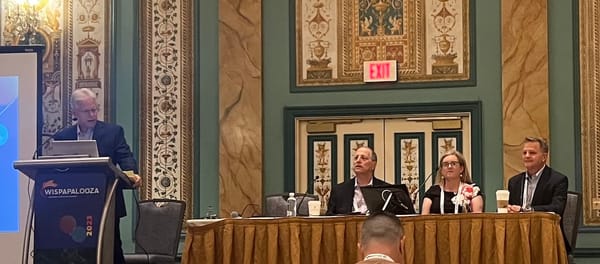
Broadband's Impact
The WISPAPALOOZA panel outlined key BEAD rules for small providers and WISPs to be familiar with.
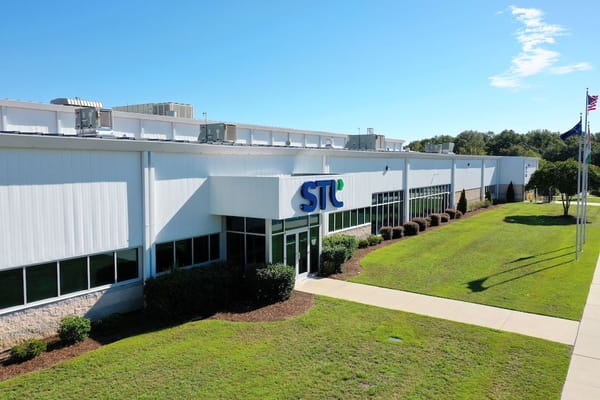
Fiber
The $100 million plant was announced in June 2023 as part of Indian Prime Minister Narendra Modi’s visit to America.
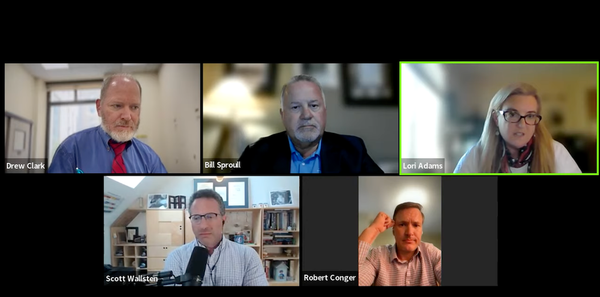
Funding
Experts said the waiver will make it more practical for BEAD projects to comply with Buy America rules.
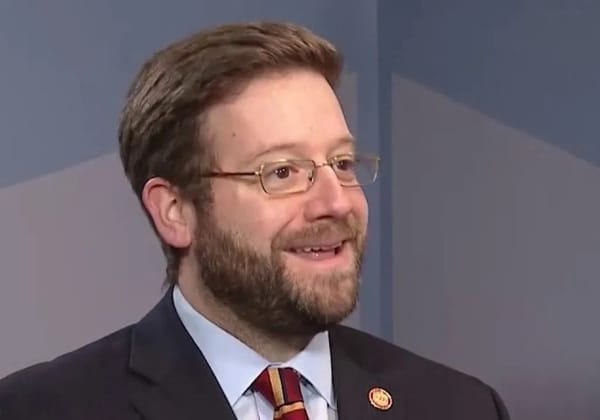
BEAD
Panel discussions will explore precursors to BEAD, private match funding, state broadband planning and more

Funding
Buy America provisions are seeping into state and provider policies.
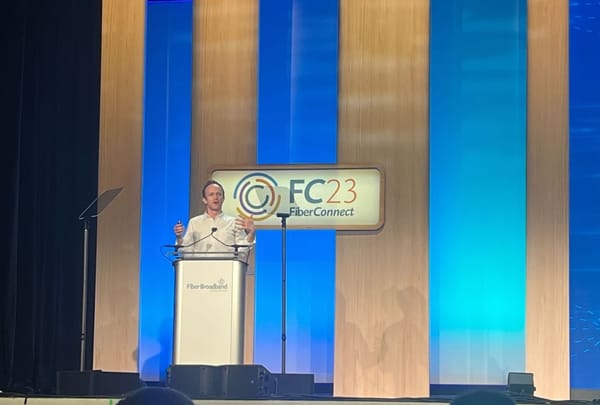
Infrastructure
Manufacturers can self-report products are Buy America compliant to be included on NTIA public list.

Infrastructure
Manufacturer Nokia claimed its fiber-optic electronics equipment will meet Build America, Buy America rules.

BEAD
A new wave of activity in the domestic manufacturing market for fiber and electronic materials is happening
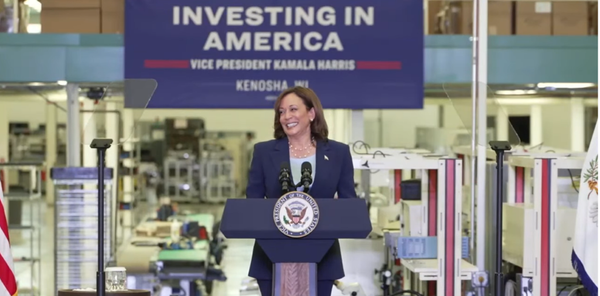
Fiber
Nokia will continue to invest in American manufacturing in the coming years, said CEO.
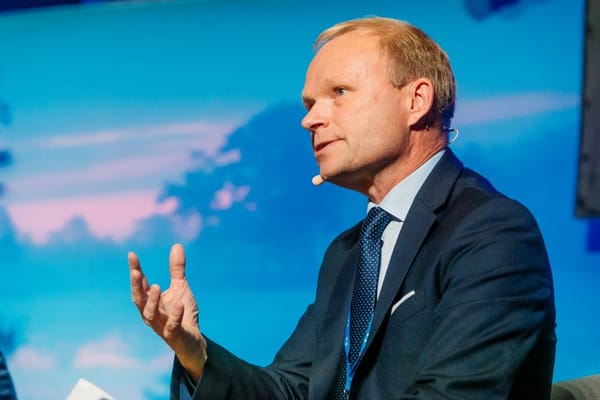
Fiber
The manufacturing of the company’s fiber-optic broadband electronics products will start in 2024.
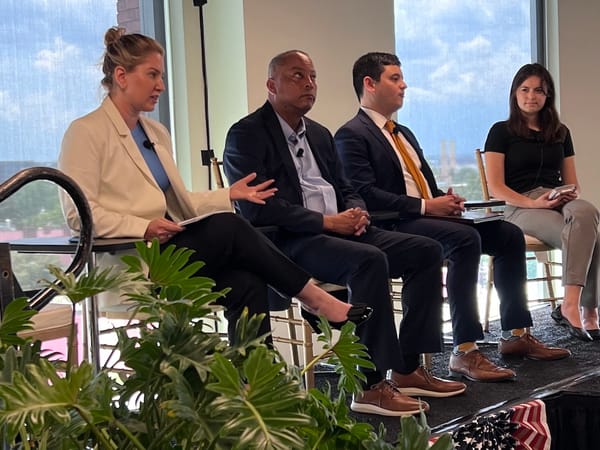
Infrastructure
A crucial step would be for the NTIA to provide Buy America waivers for BEAD-funded projects, panelists said.
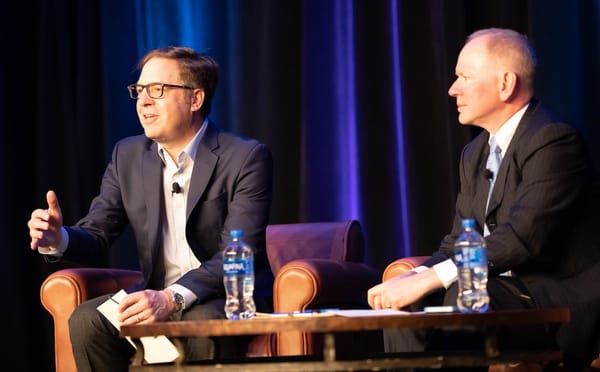
Infrastructure
The middle mile waiver comes ahead of the awarding of grants from the $1B program.

Broadband Live
How will domestic procurement requirements shape the future of U.S. infrastructure development?
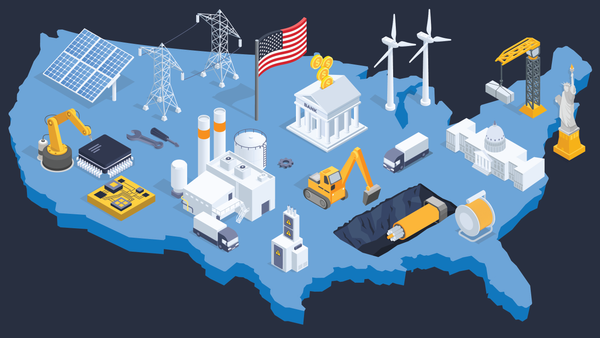
Infrastructure
The event will examine how domestic procurement requirements will impact a historic wave of federal funding for infrastructure.